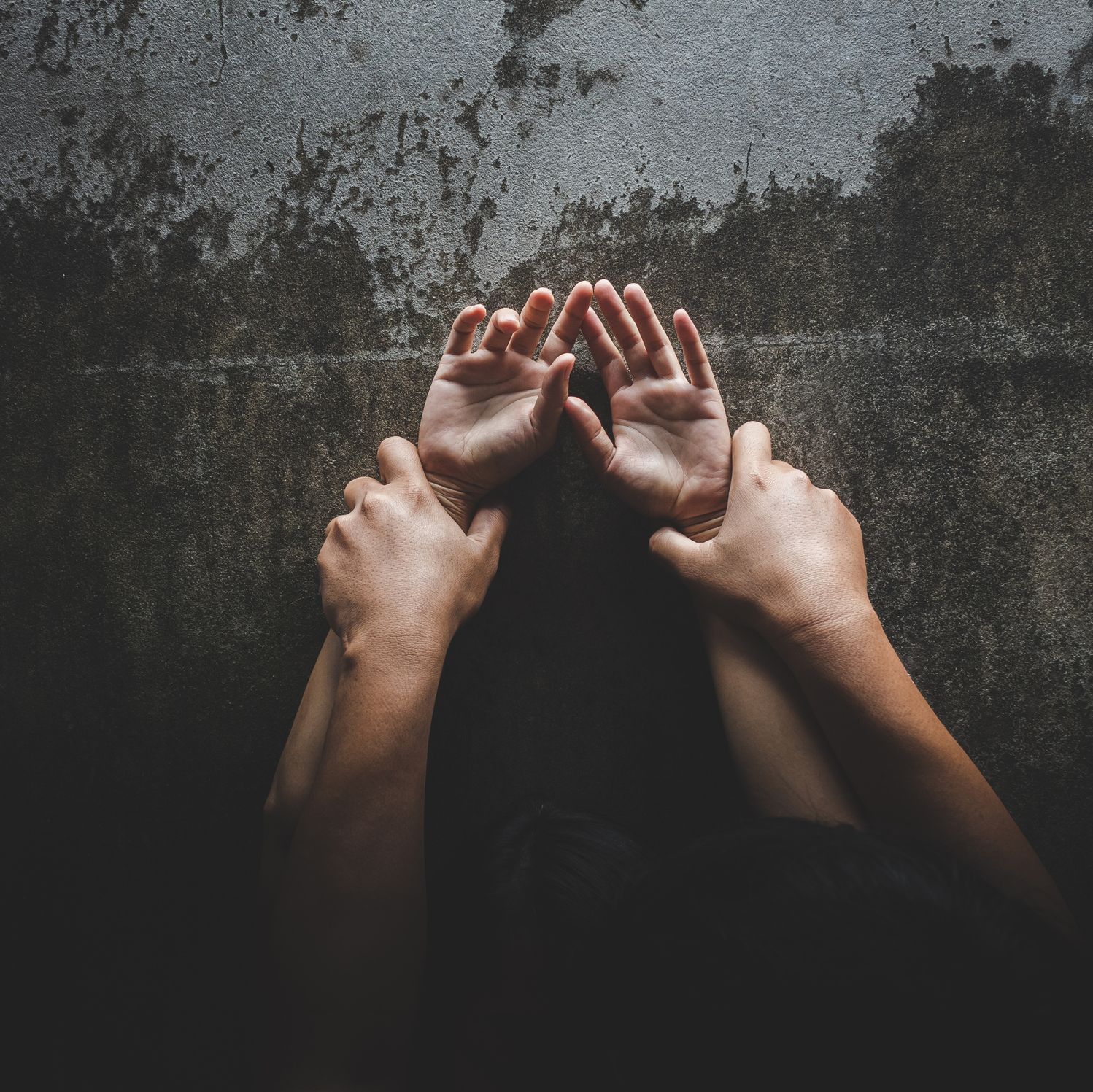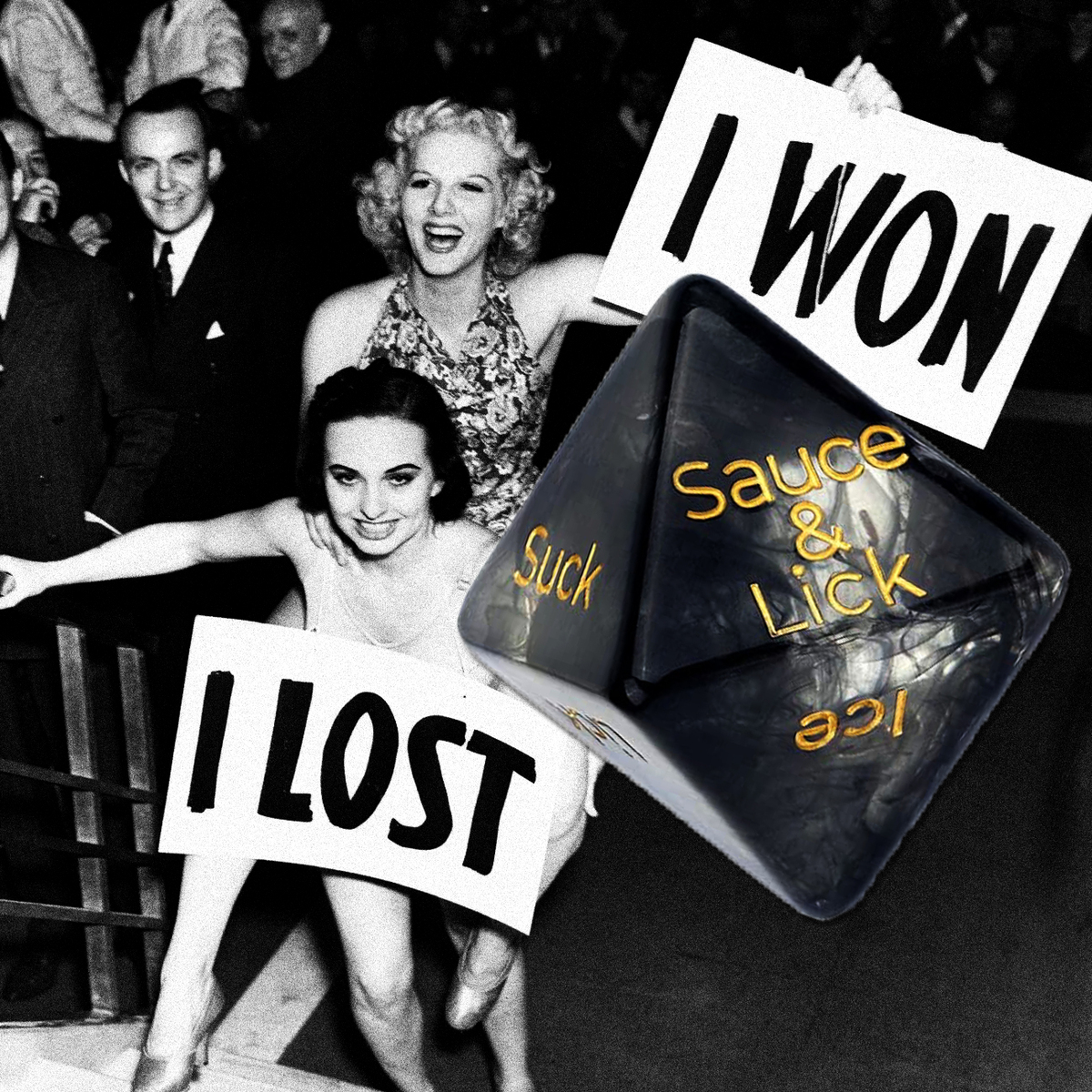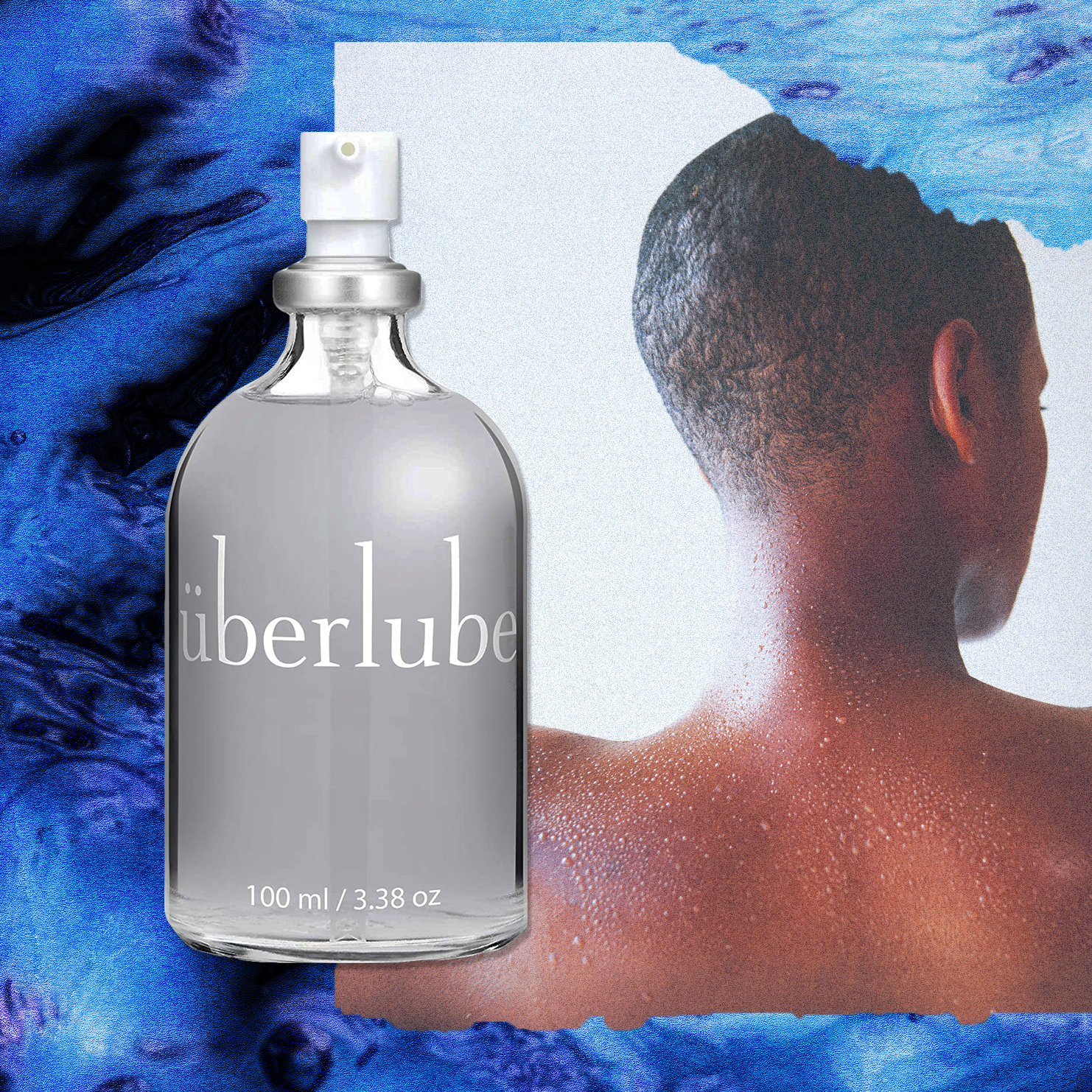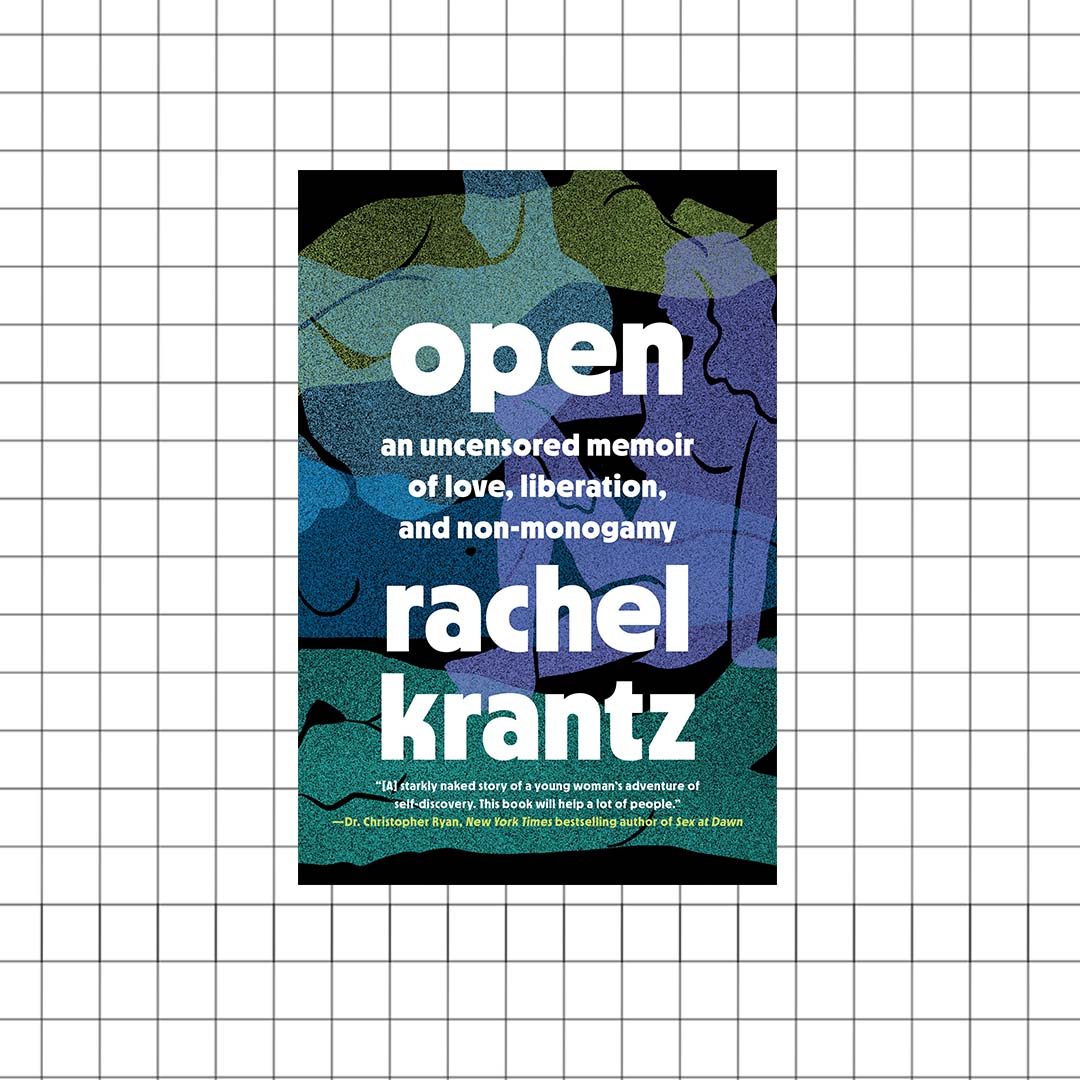I Broke Up With My Best Friend to Find Love
Mariya Karimjee spent over a decade leaning on her best friend— until she realized he was the one thing holding her back.
I met Brian* as a freshman in high school in 2002. He had a wide gap between his two front teeth and deep dimples. His enthusiasm and curiosity were contagious. I loved him in the way of first loves, without any complications or true understanding of heartbreak.
For four years we were friends, but I convinced myself that our friendship would blossom into a quintessential high school romance: After graduation, we’d be that couple, the one happily married at our 10-year reunion, every other classmate smiling knowingly.
Instead, shortly after graduation, Brian held both of my hands and told me he was gay. I felt something loosen inside of me. It’s not my fault he’s not in love with me, I thought. And in that moment, we silently agreed to remain the best of friends.
We became each other’s fill-in significant other. We talked and texted nonstop. When he suffered from a debilitating bout of depression, I was by his side. A year after finishing graduate school in 2011, I moved to my home country, Pakistan. Still, we never went more than a few hours without talking, sharing every detail of our lives by phone. (Brian was in medical school, so his nontraditional schedule made the time difference inconsequential.) He’d call me before he fell asleep to tell me about the best parts of his day. I’d take months-long trips to the United States, sleeping in his apartment, burrowing into his life instead of living my own. He was my constant, the one thing I knew I could always rely on. “I don’t know if this is healthy,” said almost every single person in my life who felt his control over my happiness was too strong. I’d shake it off. What we had was special, I insisted. Brian felt the same way: “What do they know?”
I didn’t want to lose him as my pseudo boyfriend, mainly because it meant I would have to confront the reason I believed I could never have the real thing.
Then, two years ago, Brian started seriously dating someone. Our phone calls became shorter, less frequent. When I flew from Pakistan to visit him in Ohio, at his request, he’d ask for alone time with his boyfriend. “I feel like I’m being replaced,” I said to Brian after months of this game. I didn’t want to lose him as my pseudo boyfriend, mainly because it meant I would have to confront the reason I believed I could never have the real thing.
When I was seven, a section of my clitoris was cut off as part of a religious ritual of female genital mutilation. The cut should have been largely symbolic—I’ve been told by other women in my sect, the Dawoodi Bohra, that they are able to orgasm and enjoy sexual pleasure despite being cut in the same manner—but for me, it means that sex is physically painful; the ache shoots through to my teeth and down to the backs of my calves. I’ve had sex only once; since then, I’ve been so frightened about reaching this level of physical intimacy with anyone that I flinch at the most casual forms of touch. It takes me months to feel comfortable having a platonic friend hug me. I feel like I need to peel off my skin if someone casually strokes my arm. The idea of kissing a stranger makes me break out in a cold sweat. So, as you might imagine, the majority of my dates have followed a simple, disastrous path: small talk, a few drinks, and a flailing move as I attempt to dodge the end-of-the-night kiss.
Aside from all of this, I really like the idea of being one half of a couple: road trips, dressing up for dinner, planned activities that force me out of my comfort zone, knowing my partner so well that I could veg with him and watch movies on loop while eating junk food all day. And I love, more than anything, having someone to report back to at the end of the day. With Brian, I had all of that—plus the added bonus of never having to worry about the physical stuff. Why change what wasn’t broken? Our relationship provided a detour from fixing my real personal life.
Stay In The Know
Get exclusive access to fashion and beauty trends, hot-off-the-press celebrity news, and more.
Brian’s new relationship became my wake-up call. I suddenly saw, with glaring clarity, that our friendship was less a friendship than a codependent stopgap. Like all friends, we’d sometimes fight: about how he didn’t respond to my texts, his inability to be on time, how much I loved the color pink, the fact that I always forgot to recap bottles (shampoo, toothpaste, olive oil)—and about why I wasn’t interested in dating. I’d try to explain to him the way my body would betray me. But Brian didn’t believe the pain was physical. “If you just keep putting yourself out there,” he’d say, “eventually, you’ll get over it.” He didn’t care that sexual situations made me extremely uncomfortable. After a few drinks, his comments got more aggressive. “Desensitize yourself,” he’d say, “because if you don’t, you’ll end up alone.” He added that I was getting older; soon, I’d be too old to date, he said, and I’d be left behind. In the moment, I thought I hated his terrifying and alienating advice because I didn’t want to hear it. The truth was a little more challenging. His constant reminders that I needed to overcome my crippling fear of getting physical in order to be a complete human made me feel like I would never find true romantic love. Brian tapped into my most vulnerable worry: that until I just let go and had sex, I would be alone.
During my last visit with him in the U.S., all these revelations came to a head. We had a particularly grueling fight, and I suggested a break. We agreed I would take a month to explore why his new relationship made me feel panicky and unmoored rather than happy for him. The break stretched out from four weeks to months. There were days I was furious. Why didn’t he care enough to text, email, or reach out to say he missed me? Others, I was grateful for his silence, that he respected my boundaries.
Without Brian in my life, I found my voice. I didn’t need his approval to purchase a particularly edgy pair of heels and was spared his judgment (or overenthusiastic encouragement) when I signed up for Tinder. The space allowed me to sit with my own decisions. I moved back to the United States, subletting an apartment in Brooklyn. I began going on more dates, swallowing my anxiety as I waited in dimly lit restaurants for the seat across from me to be filled. I finally reached out to a therapist and started tackling the myths I’d believed about myself, many of which Brian had unintentionally snuck into my head.
“I am not unworthy of a relationship simply because I haven’t learned quite how to navigate sex,” my therapist made me repeat to her in one of our early sessions. I repeat that now to myself, under my breath, before every date I go on. After five years in Pakistan, my inexperience as a 30-year-old feels obvious in fast-paced American cities, but I’ve been learning that vulnerability can be a strength. The option to let my dates know that I’m inexperienced and incredibly nervous is okay. “What’s the worst that can happen?” I ask myself when I feel date-related panic rise.
I’m still scared of rejection, both real and imagined. I’m also afraid of losing myself completely in another person the way that I did with Brian. But I’m no longer metabolizing his fears about my dating life as my own—and I’m figuring it all out on the timeline that feels right for me.
This story originally appeared in the July 2019 issue of Marie Claire.
RELATED STORY

-
 Princess Anne's Unexpected Suggestion About Mike Tindall's Nose
Princess Anne's Unexpected Suggestion About Mike Tindall's Nose"Princess Anne asked me if I'd have the surgery."
By Amy Mackelden Published
-
 Queen Elizabeth's "Disapproving" Royal Wedding Comment
Queen Elizabeth's "Disapproving" Royal Wedding CommentShe reportedly had lots of nice things to say, too.
By Amy Mackelden Published
-
 Palace Employees "Tried" to Get King Charles to "Slow Down"
Palace Employees "Tried" to Get King Charles to "Slow Down""Now he wants to do more and more and more. That's the problem."
By Amy Mackelden Published
-
 The All-Time Favorite Sex Positions of 11 Real Women
The All-Time Favorite Sex Positions of 11 Real WomenFeatures "It makes me feel like the sexiest woman on earth."
By The Editors Published
-
 The 22 Best Vibrators, According to Sex Toy Experts
The 22 Best Vibrators, According to Sex Toy ExpertsThe vibes are immaculate.
By Gabrielle Ulubay Last updated
-
 The 20 Best Sex Games for Couples in 2023
The 20 Best Sex Games for Couples in 2023Who said game nights need to be wholesome?
By Gabrielle Ulubay Last updated
-
 The 14 Best Lubes for Every Need
The 14 Best Lubes for Every NeedGood sex should always go smoothly.
By Gabrielle Ulubay Last updated
-
 30 Female-Friendly Porn Websites for Any Mood
30 Female-Friendly Porn Websites for Any MoodFeatures All the best websites, right this way.
By Kayleigh Roberts Published
-
 The 82 Best Cheap Date Ideas for Couples on a Budget
The 82 Best Cheap Date Ideas for Couples on a Budget"Love don't cost a thing." —J.Lo
By The Editors Last updated
-
 Diary of a Non-Monogamist
Diary of a Non-MonogamistRachel Krantz, author of the new book 'Open,' shares the ups and downs of her journey into the world of open relationships.
By Abigail Pesta Published
-
 COVID Forced My Polyamorous Marriage to Become Monogamous
COVID Forced My Polyamorous Marriage to Become MonogamousFor Melanie LaForce, pandemic-induced social distancing guidelines meant she could no longer see men outside of her marriage. But monogamy didn't just change her relationship with her husband—it changed her relationship with herself.
By Melanie LaForce Published